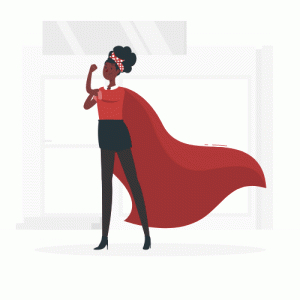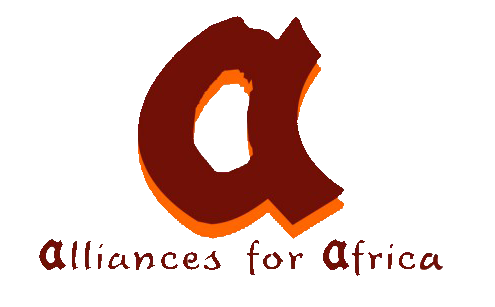Child marriage, Female Genital Mutilation (FGM), wife battering, gender discrimination, forced pregnancies, rape, virginity testing, menstruation related practices, son preference, trafficking and all forms of exploitation perpetrated against women and girls stall the achievement of the sustainable Development Goal (SDG5) which is related to violence and addressing gender equality and women empowerment. The SDG5 aims to eliminate Violence Against Women and Girls (VAWG) and all harmful practices that exploit women and girls.
According to the SDG indicators for goal 5, indicators for the progress of SDG5 include;
• Proportion of ever- partnered women and girls aged 15 years and above subjected to physical, sexual or psychological violence by a former or current partner in the past 12 (twelve) months by form of violence or by age.
• Proportion of women aged 20 to 24 who were married or in union before age 15 or before age 18.
• Proportion of women aged 15 to 49 who had undergone Female Genital Mutilation (FGM).
• Proportion of women aged 15 to 49 who make their own informed decision regarding sexual relations, contraceptive use and reproductive health care.
• Proportion of women in managerial positions.
• Proportion of seats held by women in national parliaments and local governments
In reviewing the status of the SDG5 based on these indicators, we realized that no significant progress has been made. Holding that only retrogressive progress has so far been made is tantamount to overstating the obvious, as there remains a huge gap in the implementation of the SDG5. In our Nigeria, discrimination against women and girls still exist in policies and practice in the nation. We have no effective existing mechanism to actually enforce and ensure non-discrimination of women and girls.
Amazingly, violence against women and girls increase daily in both personal and public spaces and perpetrators are not held accountable for their actions, they virtually walk the streets unperturbed, or more aptly put, they commit these crimes unperturbed, knowing they can walk the streets afterwards without a shackle to their ankle, no reprimand from the law. The proportion of women in managerial positions across the country is near insignificant, men mostly occupy these positions. Talking about key decision making positions such as parliamentary seats, states’ houses of assembly and local governments, etc. Women are not adequately represented in these key positions. The reason is simply the dominance and preference of the man owing to the patriarchal culture of our Nigerian society.
The imperative of this is to expose what needs to be done to improve the progress of the SDG5.
What can be done?
The responsibility to end violence, and promote gender equality falls on everyone. Individuals must understand that the act of violence is always a choice with huge options available. Individuals can stop violence by avoiding aggressive behaviors altogether. Legal institutions need to ensure access to justice and strengthen their existing mechanism towards actual promotion, implemention and ensuring non-discrimination against women. Government agencies and institutions can effectively provide support to survivors of violence. Governments must fulfill their commitment to ending violence, ensuring the ratification and implementation of laws, policies and interventions aimed towards ending Violence against Women and Girls (VAWG). Civil Society Organizations will have to keep an eye on all structures especially the governments and hold them accountable to play their role in ending violence. Political parties and parliamentarians must ensure that women are adequately represented in their decision making tables.
This is a call for all stakeholders and individuals to rise to the challenge and take actions now to #EndViolence.

